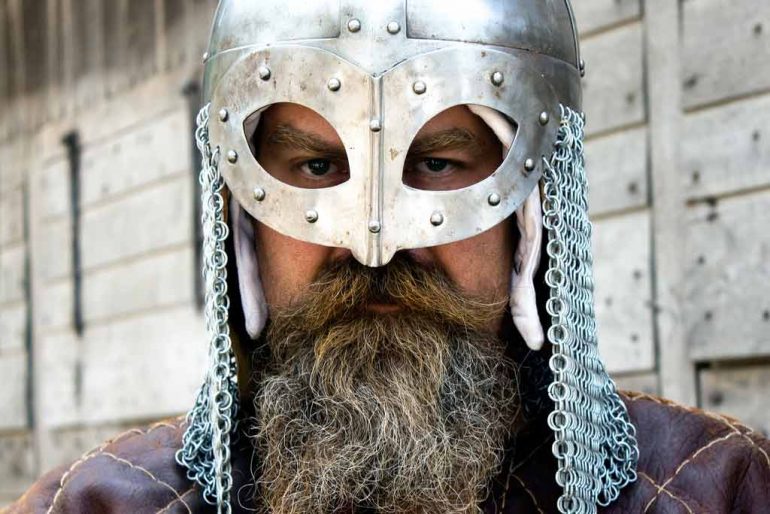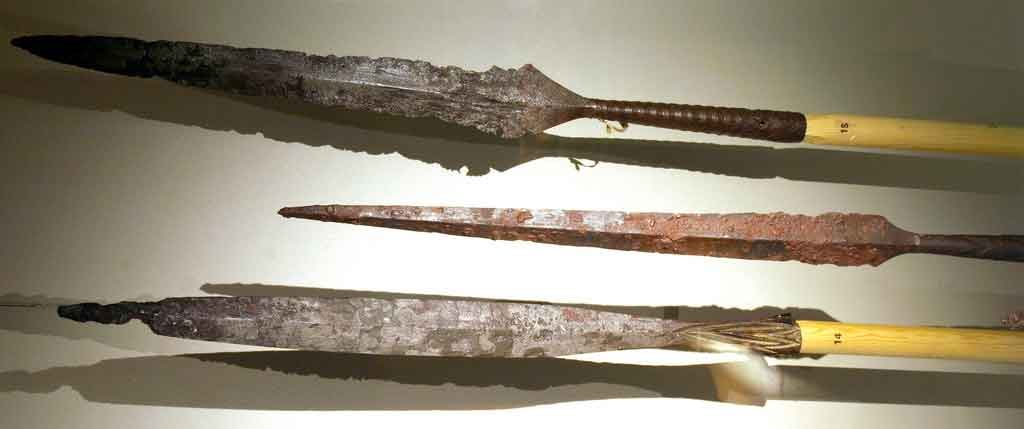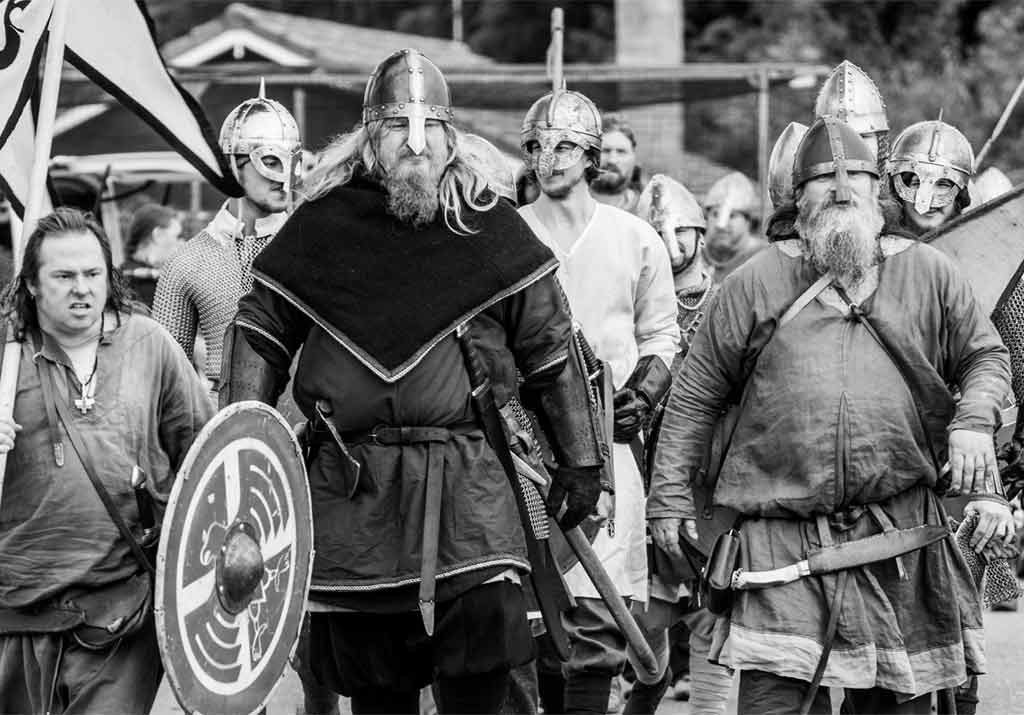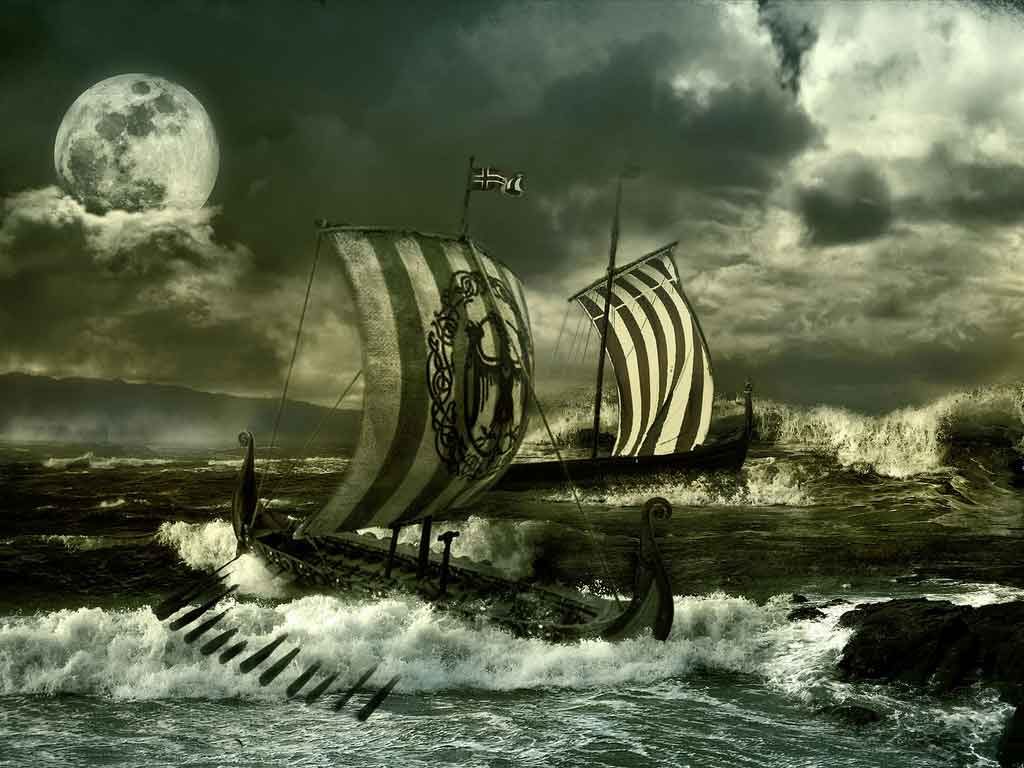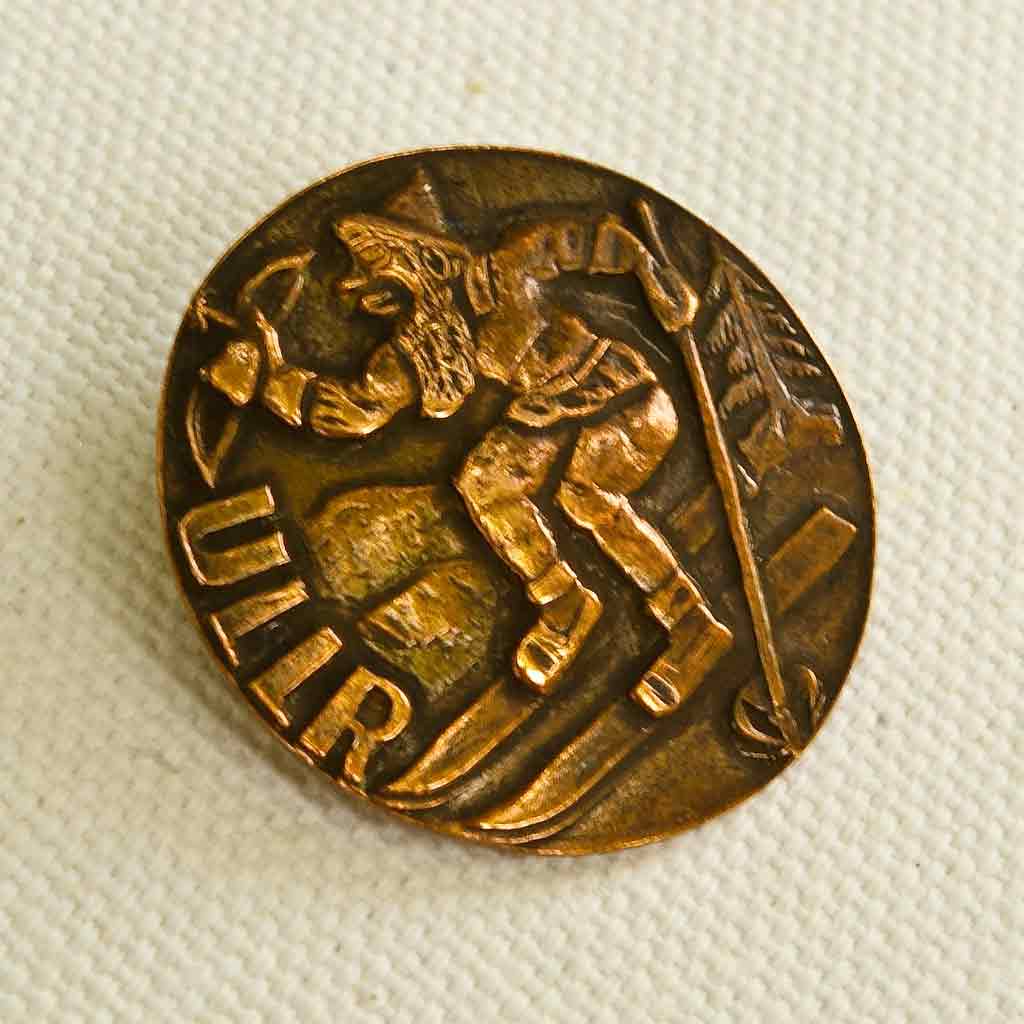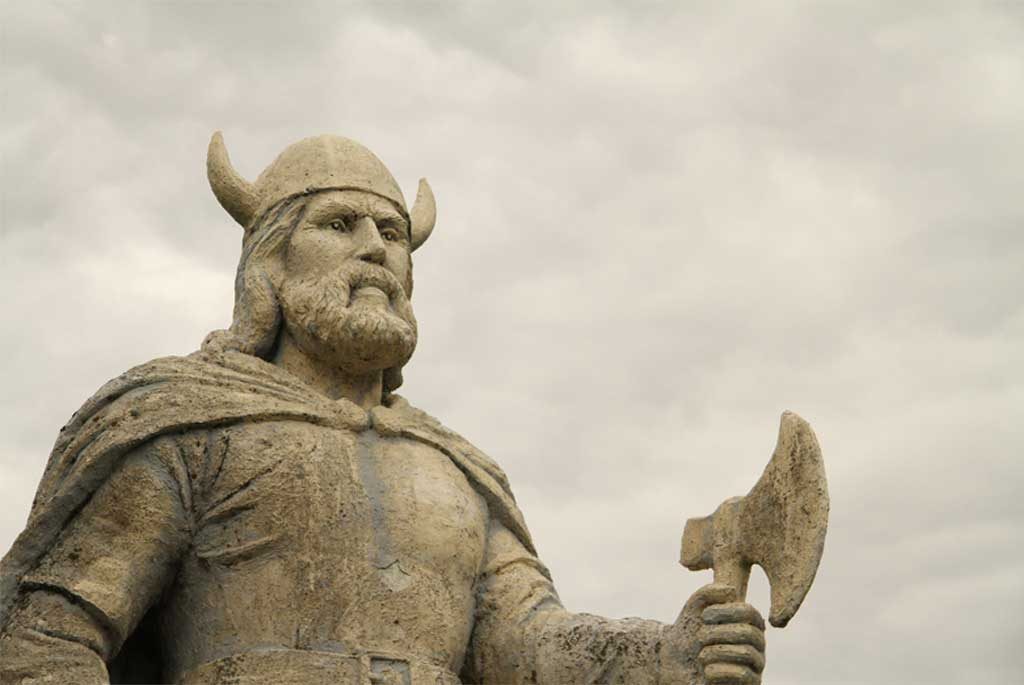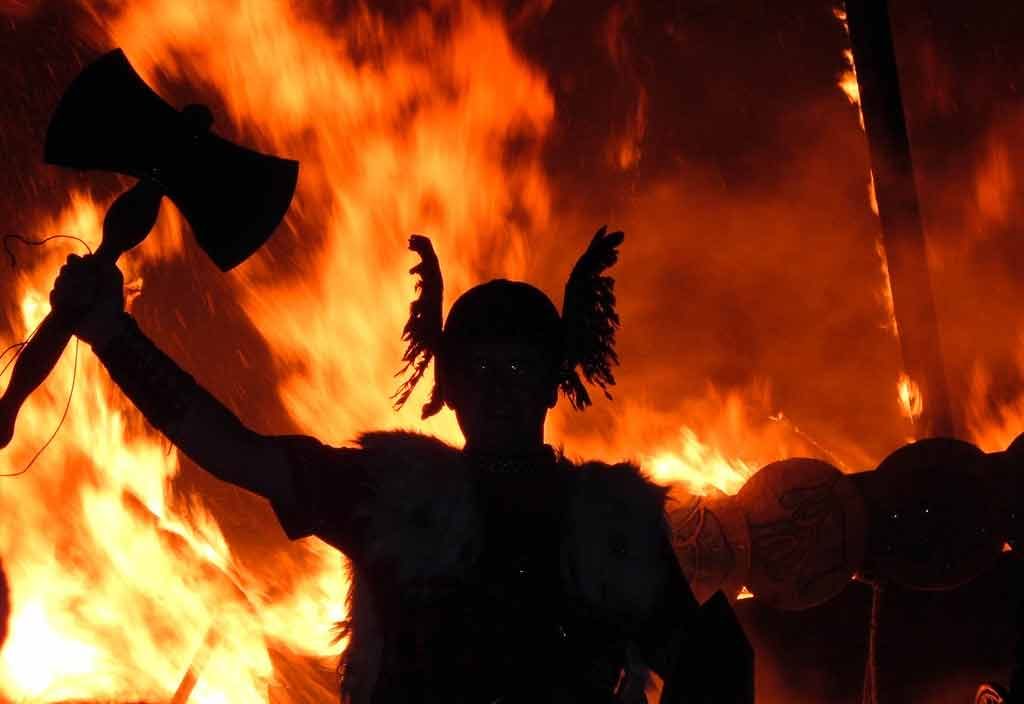Tribe: A social division in a traditional society consisting of families or communities linked by social, economic, religious, or blood ties, with a common culture and dialect, typically having a recognized leader. – The Oxford Dictionary
Despite our technological progress, looking back at these tribal cultures that live in respect of nature’s unspoken rules, we can absorb a lot of primal wisdom.
First in line, known for their voyages of pillaging and plundering, one of the most famous indigenous tribes of the world are the Vikings of Scandinavia [read: areas of northern and central Europe, as well as European Russia]. In spite of the bloodthirsty battles and brutality, you’d be surprised how much we can learn from the original citizens of the world:
1. Clean as a Viking
Why do you stink more than a sweat-soaked fisherman?
If you thought that Vikings walked around with the stench of blood and sweat from all the rowing and raiding, well, think again.
Archaeological investigation and excavations have shown that they used combs, tweezers and razors made of animal bones and were known to have bathed at least once a week- more than their other European neighbors.
Yup, we’re talking to you, with the shaggy beard and unkempt hair. In our world of electronic trimmers and 5-blade razors, men, what’s your excuse?
2. A purposeful life
What’s your purpose?
Fate played an important role in the lives of the indigenous people. They strongly believed that every single one of them had a purpose in life: be it as a warrior, doctor or mother. Each person had their own, individual personality; unique identities were marked by tattoos or other body art like skin carving, tattoos, piercings etc.
With purpose being a central ideal in their lives, every task they performed added up to fulfilling their role. In contrast, you might be so caught up in the things you have to do to think: what’s my purpose? [What would you like it to be?]
3. Loyalty under rain or knife
Will you go with Ari Gold when he leaves the agency?
Vikings aren’t known to have organized battle tactics and discipline, so loyalty was the binding factor. No matter where they travelled to, it was in groups. Viking men are known to have pulled their ships onto land to switch from one river to another.
In the 21st century’s cut-throat corporate world, will you stand by your boss in a board room of threatening directors?
4. Loosen up
Work Hard, Play Hard
When they weren’t busy raiding villages and towns or trading, they indulged in games like wrestling, blood sports and skiing. They even had Ullr, a god of skiing.
Important lesson to be learnt under the pressure to make something of yourself: Loosen up and work in some playtime before you go into work overload.
5. Grandmother knows best
You may be good at Twitter, not so much at feeding birds.
Above all, wisdom is the one thing that has been passed on from generation to generation, growing, accumulating as time goes by. Through stories told at feasts and gatherings, the new generations learn of the traditions and customs of the tribe.
Nowadays, as we shove aside the ‘wisdom’ of elders, assuming we know all there is to know. It’ll be fruitful to pause and absorb the knowledge that comes from the experience of the previous generation.
6. Are you ready to die?
Valar Morghulis [All men must die]
Being dependant on warriors to defend themselves and conquer lands, they embraced death instead of fearing it. Deaths of leaders and war heroes were celebrated in grand fashion. Like the Egyptians, the Vikings too believed in the afterlife.
A prominent tradition is that of the ship burial, where the deceased was laid in a boat, or a stone ship, and given grave offerings in accordance with his earthly status and profession, sometimes including sacrificed slaves [not something to be re-learnt]. Afterwards, piles of stone and soil were usually laid on top of the remains in order to create a tumulus.
This is one to think about:
What would happen if we learned to embrace death they way they did? Would we be able to embrace life more?
In today’s high tech world of speeding trains and self-driving cars, connectivity has made us ‘Global citizens’, supposedly at home in any part of the world.
The dark side of this development is that indigenous tribes lose their home territory and are forced to accept modern culture.
Apart from the Vikings, who are now spread out across Europe, clear examples of this are the Maoris of New Zealand and the Aborigines of Australia. Modernization has taken a heavy toll on traditional ways of life around the world, particularly tribal cultures that are trying to preserve their age-old traditions and customs.
They are now almost exclusively found in museums and arts/culture workshops.
What do you think: Are we brining them into ‘civilizsed society’ by bringing them into the modern world or are we simply homogenizing them, eradicating the cultural richness of remote tribes and replacing it with with Darth Vader and Nirvana culture?


